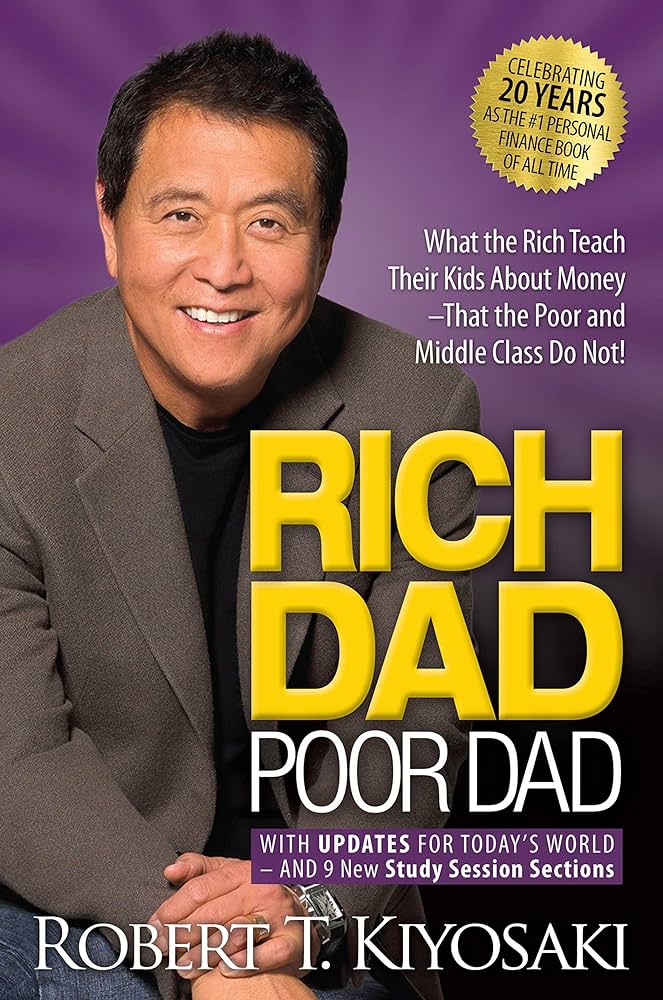
Introduction:
Robert Kiyosaki's Rich Dad Poor Dad is a revolutionary personal finance book that challenges conventional beliefs about money and wealth. The book is based on the author's real-life experiences and the lessons he learned from his two fathers - his own "poor dad," who was a well-educated but financially struggling government worker, and his friend's "rich dad," who was a successful businessman and investor. In this article, we'll explore the key takeaways from the book and how they can help you achieve financial freedom.
Lesson 1: The Rich Don't Work for Money
The first lesson from Rich Dad Poor Dad is that the rich don't work for money - they work for knowledge. Kiyosaki emphasizes that true financial freedom comes from building assets that generate income without requiring your direct involvement. This lesson encourages readers to focus on learning new skills and investing in assets that can produce passive income, such as real estate, stocks, or businesses.
Lesson 2: Why Teach Financial Literacy?
Kiyosaki's second lesson highlights the importance of teaching financial literacy. He argues that traditional education systems neglect to teach essential financial skills, leaving individuals unprepared to manage their finances effectively. By learning financial literacy, individuals can better navigate the world of personal finance, investing, and entrepreneurship.
Lesson 3: Mind Your Own Business
The third lesson from Rich Dad Poor Dad is to mind your own business. Kiyosaki stresses that it's crucial to focus on building your own assets rather than working for someone else's. This lesson encourages readers to take control of their financial future by starting their own businesses or investing in assets that can generate passive income.
Lesson 4: The History of Taxes and the Power of Corporations
Kiyosaki's fourth lesson delves into the history of taxes and the power of corporations. He explains how taxes have been used throughout history to benefit the wealthy and powerful, and how corporations have become the dominant force in today's economy. This lesson urges readers to be aware of the system they are operating within and to use it to their advantage by investing in assets that benefit from tax laws and corporate structures.
Lesson 5: The Rich Invent Money
The fifth lesson from Rich Dad Poor Dad is that the rich invent money. Kiyosaki argues that money is simply a concept, and the rich have learned how to manipulate this concept to their advantage. By understanding how money is created and how it can be leveraged, individuals can create their own wealth and achieve financial freedom.
Lesson 6: Work to Learn, Don't Work for Money
The final lesson from Rich Dad Poor Dad is to work to learn, not work for money. Kiyosaki emphasizes that the key to financial freedom is to acquire knowledge and skills that are valuable in the marketplace. By focusing on learning and personal development, individuals can increase their earning potential and create a brighter financial future.
Conclusion:
Rich Dad Poor Dad is a thought-provoking book that challenges readers to rethink their beliefs about money and wealth. By applying the lessons from the book, individuals can take control of their financial future and achieve financial freedom. Whether you're just starting your financial journey or you're well on your way, Rich Dad Poor Dad offers invaluable insights that can help you build wealth, manage taxes, and create a successful business. Embrace the principles from this influential book and start your journey towards financial freedom today.
